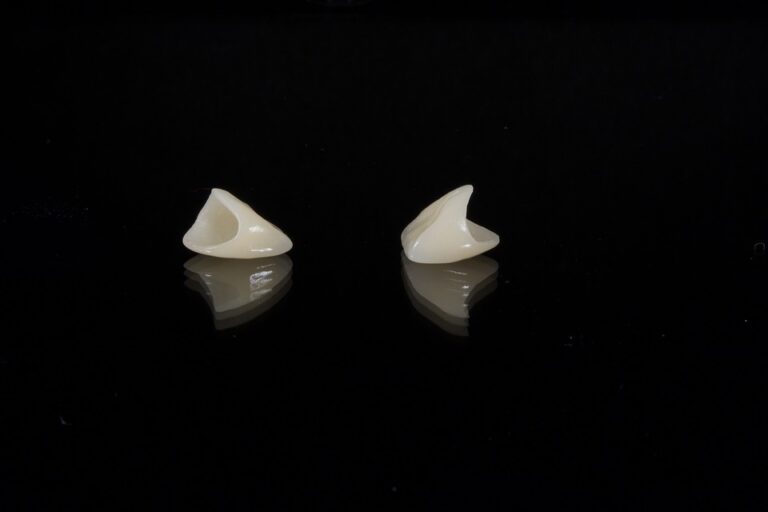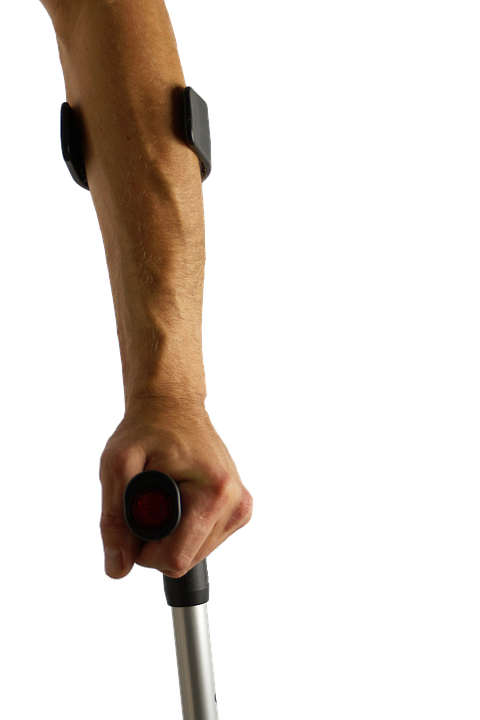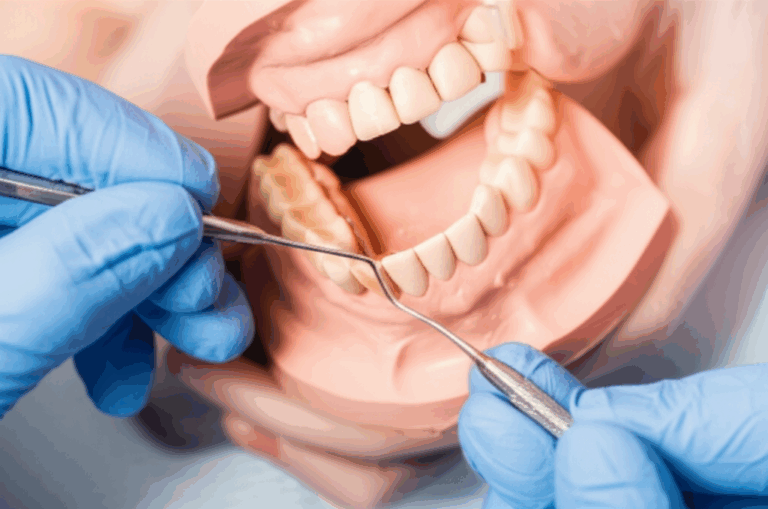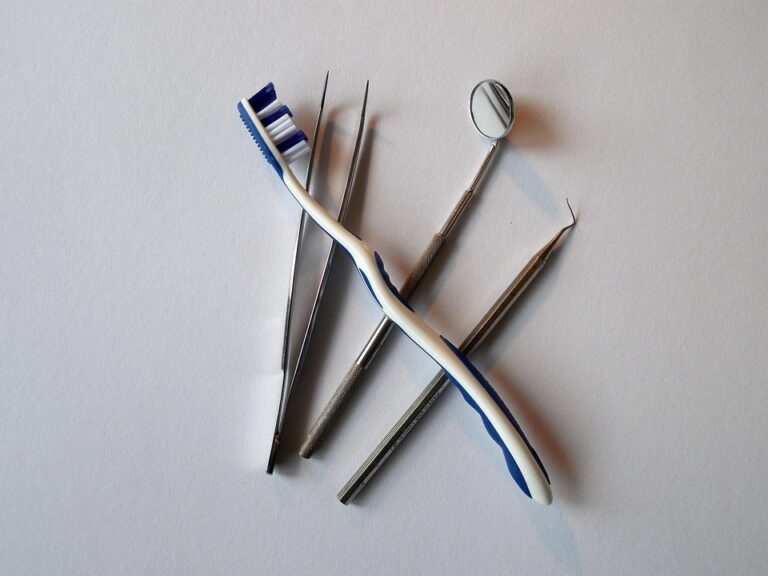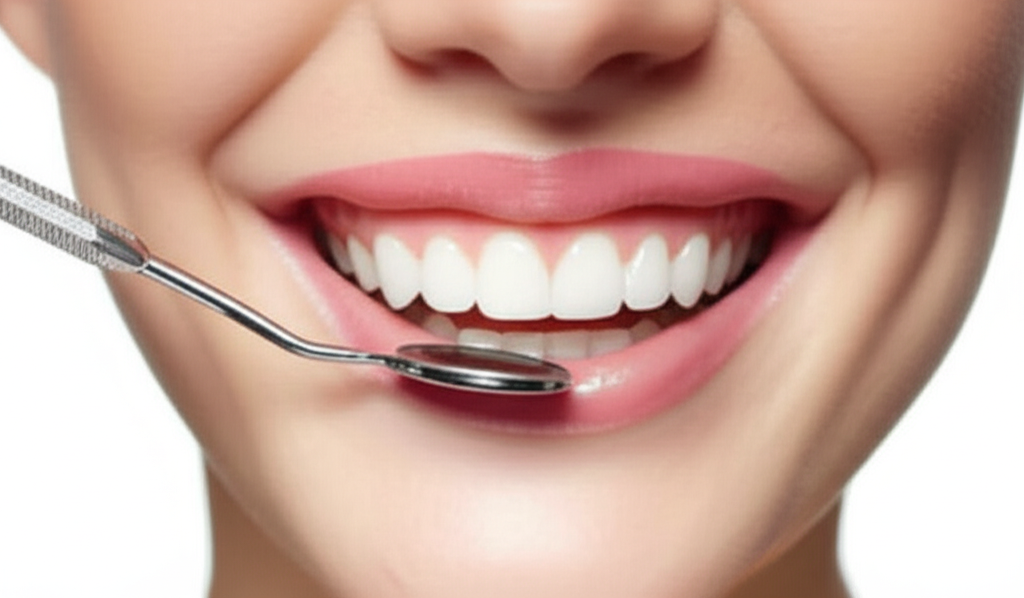
How to Solve Dental Problems: A Comprehensive Guide to Healthy Teeth & Gums
Article Outline Overview
- Introduction: Unlock Your Healthiest Smile
- Understanding Common Dental Problems: Symptoms & Causes
- Tooth Decay (Cavities)
- Gum Disease (Gingivitis & Periodontitis)
- Sensitive Teeth (Dentin Hypersensitivity)
- Bad Breath (Halitosis)
- Dental Abscess
- Chipped or Cracked Teeth
- Immediate Relief & First Aid for Dental Pain at Home
- Professional Dental Solutions & Treatments: What Your Dentist Can Do
- Prevention is Paramount: Long-Term Strategies for Optimal Oral Health
- When to Seek Professional Dental Care: Don’t Wait!
- Conclusion: Your Path to Lasting Oral Health
Introduction: Unlock Your Healthiest Smile
Let me be honest—my journey to good mouth health started with a wake-up call. Years ago, a strong toothache left me holding my jaw at midnight, looking for ways to stop the pain. If you’ve ever felt like that, not knowing what to do, you’re in the right spot.
I learned that dental problems aren’t just about your teeth. They can hurt your confidence, social life, bank account, and even your health overall. In this article, I’ll share everything I know—both from my own mistakes and from good dentists—about fixing dental problems.
Here you’ll find easy-to-follow advice for spotting issues, getting fast relief, knowing when to see a dentist, and building daily habits that keep mouth trouble away. Let’s jump in and get you started on the road to a healthy, happy smile.
Table of Contents
- Understanding Common Dental Problems: Symptoms & Causes
- Immediate Relief & First Aid for Dental Pain at Home
- Professional Dental Solutions & Treatments: What Your Dentist Can Do
- Prevention is Paramount: Long-Term Strategies for Optimal Oral Health
- When to Seek Professional Dental Care: Don’t Wait!
- Conclusion: Your Path to Lasting Oral Health
Understanding Common Dental Problems: Symptoms & Causes
Experience teaches you lessons—sometimes in a painful way. I’ve had more than a few tooth troubles, and here’s what I found out.
Tooth Decay (Cavities)
It starts small: a dull ache after you eat something sweet, a quick pain from cold pop. For me, the first sign was a dark spot on a back tooth that felt like nothing.
Cavities are little holes in your tooth’s hard outer layer. Ignore them, and that tiny spot can turn into a big, sore problem.
What To Look For
- Tooth pain that won’t go away
- Sensitivity to hot or cold
- Holes you can see
- Brown or black spots on your teeth
Why It Happens
Cavities start with sugar. Every time you eat candy or drink soda, germs in your mouth eat it and make acid. Plaque—a sticky film—lets that acid attack your teeth, wearing away the hard outside.
If you don’t brush and floss well, or you do it too quickly and miss spots, things can get worse fast. Trust me, it happens before you know it.
Gum Disease (Gingivitis & Periodontitis)
I once thought bleeding gums meant I was brushing too hard. It was really the start of gum disease.
Gum disease sneaks up: a bit of red, some swelling, blood when you floss. That’s gingivitis—the easy kind. Ignore it, and you can get periodontitis, which might make you lose your teeth.
Signs
- Gums bleed when brushing or flossing
- Swollen or sore gums
- Bad breath that won’t go away
- Gums pulling away from your teeth
Causes
Plaque is the main troublemaker, but things like family history and smoking help it along. When germs get under your gums, it’s hard to fix without help.
Sensitive Teeth (Dentin Hypersensitivity)
A cold drink used to make my whole face hurt. If that sounds familiar, you know about sensitive teeth.
Signs
- Quick, sharp pain with hot, cold, sweet, or sour stuff
- Pain when breathing in cold air
- Biting can hurt every now and then
Causes
Most times, it’s because the hard outside of your tooth is worn down. Gums pulling back, tiny cracks, or brushing too hard can also do it. Then the softer part or even the nerve gets exposed, and every little thing hurts.
Bad Breath (Halitosis)
It’s not fun, but I learned how bad breath can kill your confidence—and sometimes it’s not just what you eat!
Big Sign
- Smelly breath that stays around even after brushing
Why It Happens
Germs on your tongue, gum disease, dry mouth, and sometimes even serious health problems are to blame. If you don’t brush, floss, and clean your tongue, bad smells stick around.
Dental Abscess
I’ll never forget the pounding pain all over my jaw when I had an abscess. This is not the time to wait it out.
What To Watch For
- Strong pain, especially when biting
- Swelling in your face
- Fever
- Pus by your gums
Causes
If you leave cavities, gum infections, or a cracked tooth untreated, germs can keep growing and cause a big infection. This needs a dentist right away—you can’t fix it at home.
Chipped or Cracked Teeth
I bit down on a popcorn seed and chipped a tooth. It was sharp and painful.
Symptoms
- Sharp edges
- Sensitivity with hot and cold
- Pain when you bite
- You can see cracks
Causes
Biting something hard, falling, or grinding your teeth (even at night) can make teeth break. It only takes a second and needs a dentist to fix.
Immediate Relief & First Aid for Dental Pain at Home
Sometimes you just need to make it through the night until you can see the dentist. Here’s what helped me when I was hurting.
- Toothaches: Rinse with warm saltwater to clean things and help swelling. Hold a cold pack on your cheek for the pain. Over-the-counter pain pills (I use ibuprofen) are good for most toothaches.
- Bleeding Gums: Use a soft toothbrush and brush gently. Don’t rough up your gums with floss—slide it gently between teeth. A warm saltwater rinse cooled my angry gums overnight.
- Sensitive Teeth: Try toothpaste for sensitive teeth. It really helps! Keep away from foods that hurt: ice cream, hot drinks, sour stuff, and sweets hurt me most.
- Small Chips: Rinse with lukewarm water and put dental wax (from the drugstore) over any sharp spots. Don’t chew on that side until your dentist looks at it.
When To Get Emergency Help
Some mouth problems can’t wait. Go get help right away if you have:
- Bad swelling in your face or jaws
- Bleeding that won’t stop
- High fever
- Hurt after an accident
- Trouble breathing or swallowing
Waiting with these can make things much worse. I learned the hard way—a tooth abscess left too long becomes a real emergency.
Professional Dental Solutions & Treatments: What Your Dentist Can Do
I think home remedies help, but most dental fixes need a dentist. Here’s what I learned about what they can do.
Tooth Decay
- Dental Fillings: The dentist takes out the bad part and fills the hole. You can pick stuff that matches your tooth or the classic silver ones. I’ve had both choices—it depends on where the cavity is.
- Crowns: If the tooth is really bad, sometimes you need a cap (crown) to make it strong again. Some crown and bridge labs make them look just like real teeth.
- Root Canal: If germs get deep into your tooth’s nerve, you might need a root canal. It sounds scary but trust me—it takes the pain away because they clean out the problem and close up the tooth.
Gum Disease
- Professional Cleanings: Dentists or hygienists use special tools to clean germs from above and under your gums. One good cleaning made a big change for my mouth.
- Antibiotics: Sometimes they put medicine under your gums or give you pills if there’s an infection.
- Surgery: For bad gum disease, you might need something like gum surgery or a bone fix to save your teeth.
Sensitive Teeth
- Fluoride Treatments: Dentists can paint strong fluoride on the sore spots to help.
- Bonding or Gum Grafts: Bonding covers up roots, and gum grafts put back gum that’s been lost. Wish I’d known about these sooner.
Bad Breath
- Deep Cleanings: Getting rid of tough plaque and tartar clears away germs that make things smell bad.
- Fixing Problems: You need to fix cavities, gum problems, or even dentures that don’t fit, since these let germs hide.
- Tongue Scraping: Using a tongue scraper gets rid of smelly germs trapped on your tongue—one of the best tricks I ever learned for fresh breath.
Dental Abscess
- Draining: Dentists can drain the pus fast to stop the pain.
- Root Canal or Pulling: They might clean out the infection and seal the tooth or pull it if they can’t save it.
Chipped/Cracked Teeth
- Dental Bonding: The dentist puts on a tooth-colored paste to fix chips and small cracks.
- Porcelain Veneers: For a big fix, thin covers made in a veneer lab go right over your front teeth.
- Crowns: For big cracks or damage, a full crown covers and protects the tooth.
Other Treatments
- Nightguards: For people who grind their teeth, a custom mouth guard from a night guard dental lab stops further damage.
- Other Mouth Devices: There are devices for dry mouth and even light sleep problems.
- Wisdom Teeth Removal: Getting rid of wisdom teeth early can save you a lot of pain and trouble.
Prevention is Paramount: Long-Term Strategies for Optimal Oral Health
I learned the hard way that stopping dental problems before they start is much easier than fixing them later.
Your Daily Oral Care Routine
- Brushing: Twice a day, two minutes each time. Use a soft brush and small circles. I set a timer or play a song—it helps!
- Flossing: Don’t forget it. Floss gets plaque between teeth your brush misses.
- Mouthwash: Antibacterial mouth rinse helps fight germs your toothbrush can’t reach.
- Tongue Cleaning: A lot of mouth smells start here—scrape your tongue every day for fresher breath.
(Get more tips from the dental care page—I wish I’d known this sooner.)
Eating Smarter
- Eat less sugar and stay away from acidy foods and drinks—these cause cavities and enamel wear.
- Snack on foods that help teeth: low-fat milk, crunchy veggies, leafy greens, and nuts.
- If you have sweets or soda, have them with a meal so your mouth makes more spit to wash acids away.
Dental Visits & Cleanings
- See your dentist twice a year (or more if they say so). Skipping checkups cost me—a small cavity turned into a big root canal.
- Dentists can clean off tartar you just can’t remove at home and leave your mouth feeling super clean.
Healthy Habits
- Quit tobacco—your gums and lungs will thank you.
- Drink less alcohol; it dries out your mouth and makes mouth cancer more likely.
- If you play sports or grind your teeth, ask about a mouthguard.
Want to know more? Read about dental diseases and teeth health.
When to Seek Professional Dental Care: Don’t Wait!
If I could give just one tip, it’s this: know when to call your dentist. Waiting makes problems worse.
Signs You Need a Dentist Now
- Pain that wakes you up or won’t go away
- Swelling with a fever
- Bleeding you can’t stop
- Unusual sensitivity that sticks around even after you’re done eating or drinking
These mean you should get help right away. I tried putting things off, and it never got better—the fix is usually harder and more expensive if you wait.
Why Acting Fast Matters
Getting small problems fixed early almost always means an easier and cheaper fix. Going to the dentist on time stops you from getting caught by big surprises or painful emergencies.
Conclusion: Your Path to Lasting Oral Health
Solving mouth problems starts with you—but you don’t have to do it alone. I’ve made every mistake: not flossing, ignoring sore gums, eating too much junk late at night. I’ve also learned how just a few small changes—a better brush, or going for that checkup—can turn things around.
Keep up with your daily cleaning, eat right, pay attention to what your mouth is telling you. Act quickly when you notice a problem, and work with your dentist when you need help. That’s how you keep your teeth strong and your smile bright for a lifetime.
And if you want more details, check out these guides about teeth information and see what a digital dental lab can offer.
Trust me—your future self (and your smile) will be glad you did.

